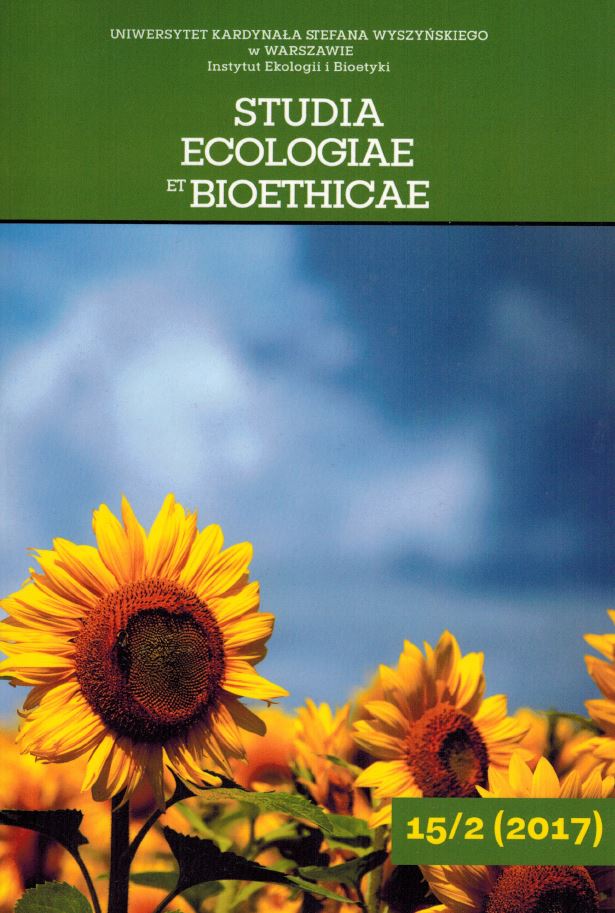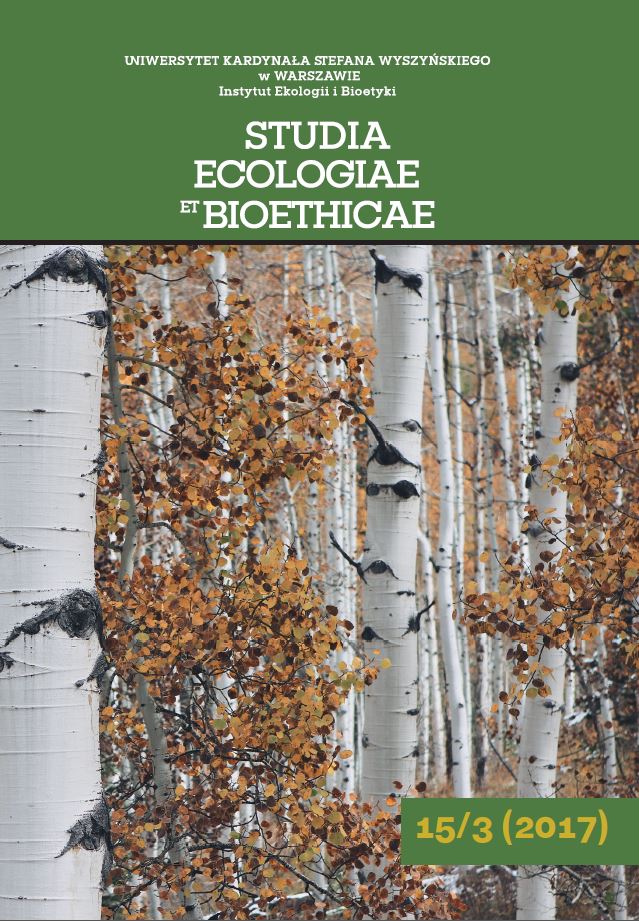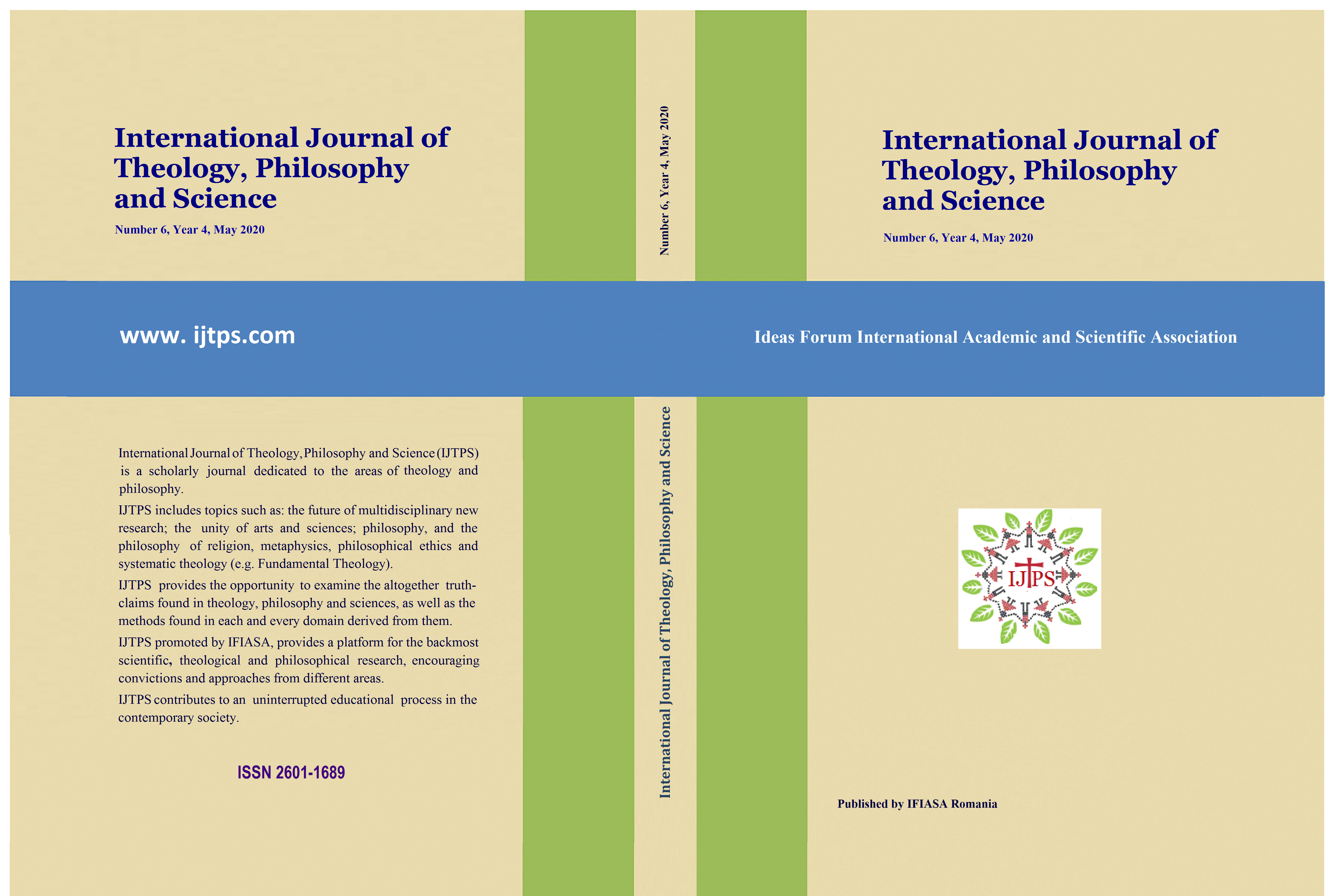Author(s): Mariusz Ciszek / Language(s): Polish
Issue: 2/2017
Today, ecological safety is considered as one of the most important elements of non-military type of security. In the aspect of national security, human environment protection is also taken into consideration in the context of national interests. This approach certainly adds importance to the issue of environmental protection. The analysis of basic literature and strategic documents in the scope of national security conducted within the frameworks of this publication showed that environmental protection is treated there as an important interest, surpassing even other important aspects of security, still, it is not a vital national interest which is of the highest importance. On one hand, one can state that the need of environmental protection has been positively appreciated; on the other hand, accepting this hierarchy of national interests may not be satisfactory to some of the authors. It is in contradiction with the settlements of science, and, especially, natural sciences which confirmed a long time ago that the survival of all organisms, including humans, is dependent on a (good) state of the natural environment. Therefore, the question concerning ecological security and the connected environmental protection postulate arises: is it an important or vital national interest? The attempt of answering this (title) question constitutes the research problem of the publication. Its subject is ecological safety from the perspective of sciences of (national) security, humanities and, to some extent, natural sciences – more precisely, biology and, especially, its integral part – ecology. The objective of the publication is showing the issues of ecological security in the aspect of national interests – from the broader and comprehensive perspective. The author of this publication supposes that realization of vital interests is connected with a positive state of the natural environment which determines ecological security and all life processes of the planet. Therefore, referring to the foundations of biology and ecology seems to be unavoidable as all the environmental issues are inseparably connected to these sciences. On this basis, one may assume that ecological security is of greater significance than important interests, inferior to the vital ones. Thus the possibility of recognizing ecological security (natural environment protection) as vital national interest.
More...






